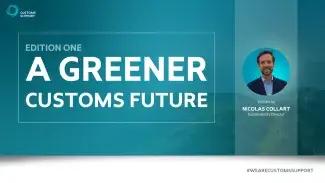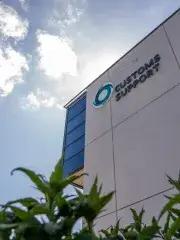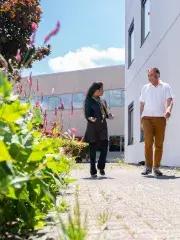From paper-bound to paperless
I believe it is safe to say that the customs industry has always been restricted by paper – or by physical documents of some kind. This has been the only real way of governing customs controls, until now. The power of the internet and the growing digital world have allowed us to create a better way of working.
The main challenge we face in progressing our industry to a more sustainable future, is that we all need to step away from this historical approach together. While customs authorities generally define the rules of engagement for our industry, customs brokers and agents have an important role to play in order to facilitate these processes for our clients and keep the whole movement working smoothly for all parties involved.
As with any revolution done on a large scale, it has not been easy. However, what we are seeing is a positive trend. Authorities and agents alike are not only open to removing the use of physical documents, where possible, but also ambitiously looking towards the future of what we can do with data-driven processes. In a report published in March 2022, the Wise Persons Group also highlighted the need to implement a package of measures to help progress EU Customs towards a greener way of working.


















